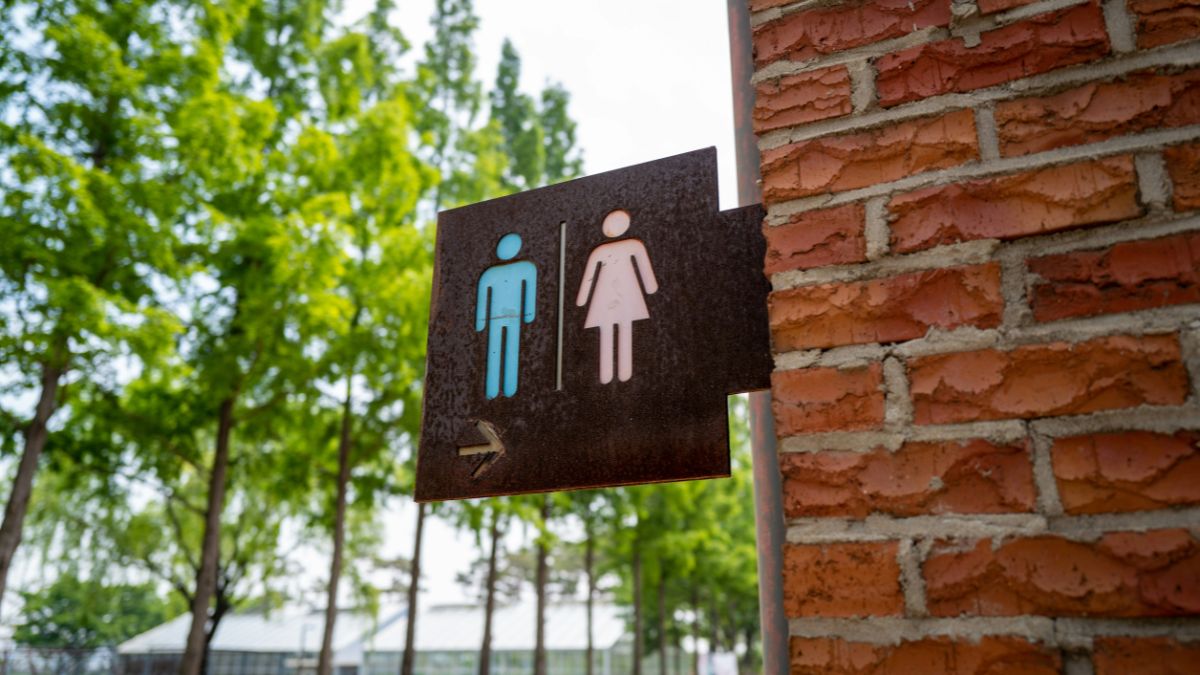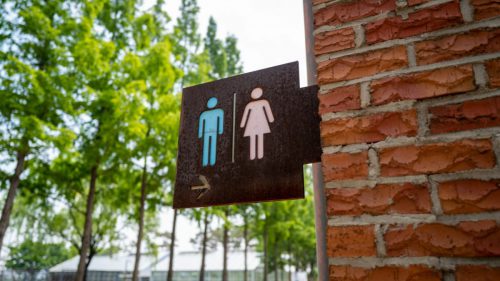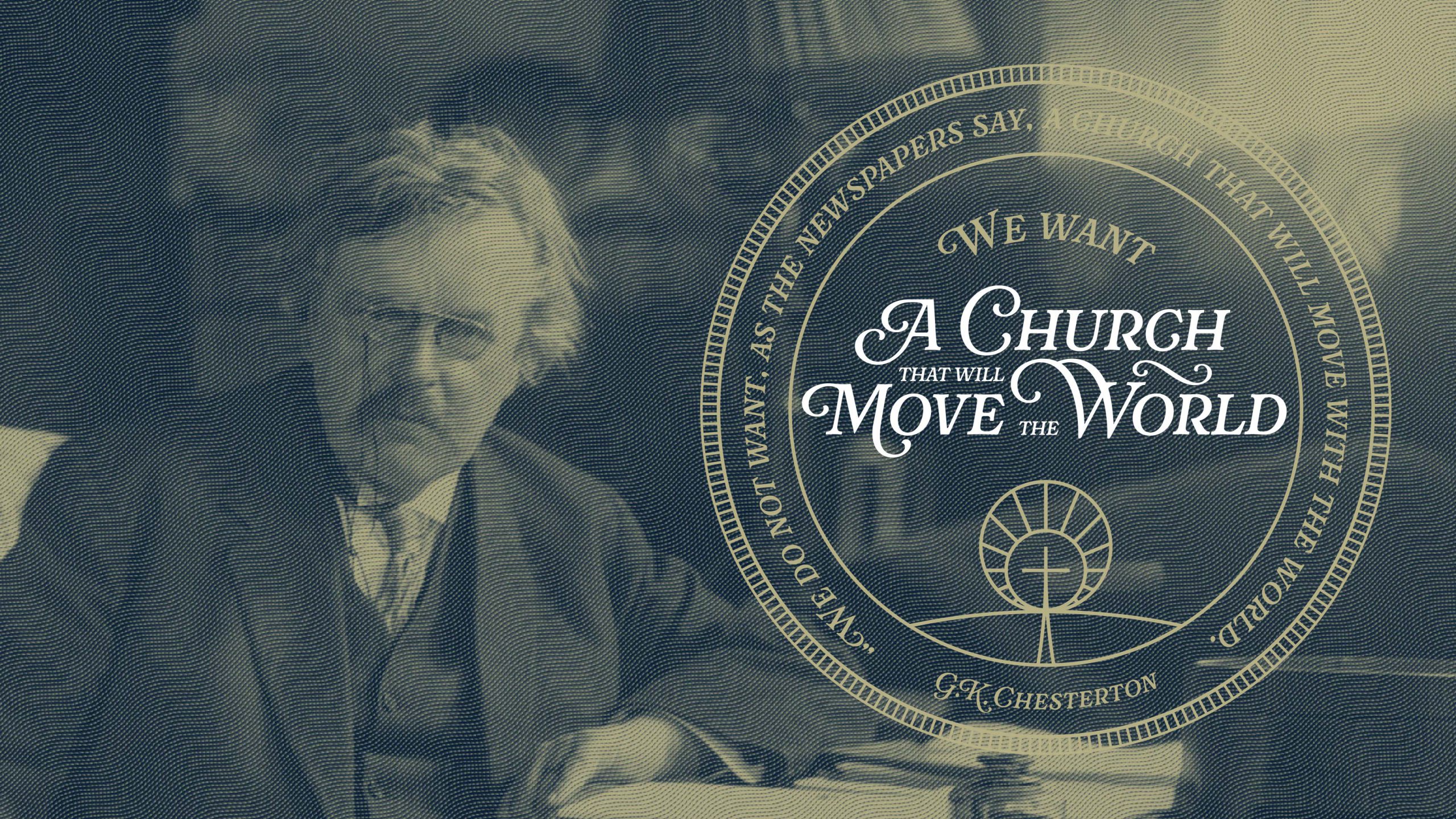

BreakPoint
Facilitating Vulgarity vs. Helping the Needy
A few weeks ago, the White House Office of Faith- Based & Community Initiatives issued a report on how government agencies treat religious nonprofits. The report cited many examples of discriminatory treatment toward these groups. This discrimination has no basis in law, and it underscores the important issues in the current debate over faith-based initiatives. One example of discriminatory treatment took place at a Head Start program held in a church in Worcester, Massachusetts. Prior to each class, the teacher covered up all the religious imagery and bible verses. Why? Because Head Start officials believed that federal law required them to do so. In fact, it does not. But, as the report noted, government agencies have been "hostile" toward the participation of religious groups. The report cites "overly restrictive agency rules . . . [that] are repressive, restrictive, and actively undermine the established civil rights of these groups . . ." Well, the president has promised to end this "governmental bias" against faith-based groups. Good for him. I hope he acts quickly. But even this clear evidence of bias didn't dissuade the initiative's critics. Barry Lynn of Americans United for Separation of Church and State told reporters that "taxpayers must never be forced to support religions they don't believe in." Lynn's comments highlight the double standard that lies at the heart of the discrimination described in the report. For instance, it's difficult to imagine Lynn saying that taxpayers must never be forced to support art they don't believe in. On the contrary, as Terry Golway of the New York Observer has written, withholding tax dollars -- as Mayor Giuliani did with a New York museum featuring a painting of the Virgin Mary covered in dung -- is considered a violation of the First Amendment. Liberals maintain that the government has an obligation to support art and ideas that many people consider offensive. The same double standard extends to concerns over the possible corrupting influence of government money. As Golway pointed out, artists, museums, and defenders of the National Endowment for the Arts are untroubled by any possible corrupting influence of government money. They regard it as an entitlement. Which brings to mind another bit of hypocrisy. Opponents of the president's initiative are aghast at the idea that religious nonprofits would seek assurances that they wouldn't be forced to hire homosexuals. You'll see Senate Democrats this fall in the upcoming debate over the president's faith-based bills demand that religious groups not be allowed to discriminate in who they hire. At the same time, these same senators insist that money given to artists must be free of any restrictions or requirements. As Golway puts it, restrictions on art are considered the product of "neo-Fascist" opponents of free expression. The First Amendment protecting artists but not religious workers: This double standard makes neither moral nor constitutional sense. But it surely illustrates the anti-religious bias that exists among many of our elites. And it reminds us of what's at stake in the debate over faith-based initiatives: Not only helping those in need, but also correcting the distortion created by our culture's embrace of secularism. It's a distortion that, in this case, prefers facilitating vulgar and even obscene expression to serving the needy. For more information: "Report on Unlevel Playing Field: Barriers to Participation by Faith-Based and Community Organizations in Federal Social Service Programs." White House Office of Faith-Based & Community Initiatives, Washington, DC, 2001. Terry Golway, "Clerics Search Souls, Artists Demand Payment, " New York Observer, April 16, 2001, p. 5.
09/8/06















